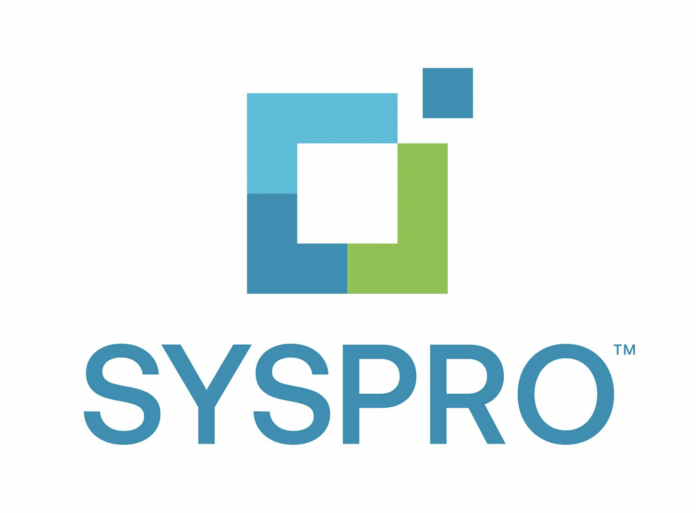Challenges of ERP migration and deployment
Enterprise Resource Planning (ERP) is one of the most popular business management innovations, and it is being adopted by businesses across all industries especially those that involve the manufacturing and distribution of products. However, the deployment of a new ERP solution in a company comes with its own challenges.
Lack of sufficient training of staff
It is not easy to convince business decision-makers to move from a legacy system to a new one unless they understand it well. Resistance to change can only be overcome through education, and experience from each application that you successfully migrate.
Most times, when a new system is introduced to a company, it will be managed by a select few in the tech/IT team. Considering the size of the business, this might lead to a lag in productivity if every small issue has to be solved by a member of the IT team.
In fact, understanding, or getting to understand, your own business processes, is paramount before optimising existing or implementing new ERP to enable these processes effectively.
African manufacturers must remain focused on skills development
The best way to resolve this is by checking with the company’s Process Owners” (from sales, planning, production, procurement, finance, admin, and IT) “how well their processes are being served by current IT, to unearth what and where improvement opportunities lie, then training every team member who will be involved in this process on the new ERP as well as provide support throughout the implementation and execution.
Inadequate support from vendors and system integrators
Once the ERP system is implemented, the staff managing it might have some teething problems even after training.
“As a company we realize that as employees understand the key activities in their jobs and the enabling system better, the more proficient they become in their individual roles and the more efficiently they can collectively help the business run.
Ensuring that our customers have reliable ERP support when they need it is a key element of our support services package. As part of this SYSPRO offers ongoing ERP training, education and certification through SYSPRO LearnIt, a program designed to provide access for external, non-SYSPRO users to SYSPRO ERP online courses on a pay-as-you-go basis,”
says Mr. Doug Hunter, Customer and Ecosystem EnablementManager, SYSPRO Africa.
Cost implications
Due to cost implications, it might be difficult to convince senior management of a company to switch from legacy systems that seem to work for them, to a modern and versatile system.
While it might seem as though sticking with an existing system is saving money, paying to maintain and upkeep these legacy systems could cost a business more than they think, by missing the value released through more appropriate processes and IT. It could make it difficult or impossible for a company to embrace digital business transformation and remain competitive.
The best way to manoeuvre this is to ensure all decision-makers as well as the staff fully understand the benefits, like saving time, quick access to data across the company, visibility, and fraud detection among others. Once the team realizes the benefits outweigh the one concern which is cost, it will be easier to procure and deploy an ERP solution.
Data Safety concerns
While moving from one system to another, there is always the risk of losing or ‘misplacing’ data. This might hold back many businesses from attempting to switch from on-premises servers to cloud-based solutions. Vendors and systems integrators will generally have more sophisticated tools at their disposal to migrate data to cloud ERP, but the tools will only be as effective as the planning and execution surrounding their use.
Mr Hunter says,
“although businesses looking to migrate tend towards a big bang approach, they could first begin with less mission-critical components and data, before moving onto more complex applications and systems. This will minimize the risks of errors or data loss and maximize the learning potential of the exercise.”
Such a staged approach will allow for continuous evaluation of progress made and will contribute to the supporting the change management plan by establishing trust in the deployment.
If a company is still relying on a legacy ERP system, it might not have the agility to support these new developments. In the short-term, this leaves management scrambling to solve problems and manage workflows. In the long-term, it ultimately renders a business unable to keep pace with the competition.
It is important for company executives to know that modern ERP technologies with advanced functions and analytics like SYSPRO are revolutionizing the way companies do business. With such capabilities at their disposal, executives are able to make quicker, more informed decisions. They can also adjust their business models to be more in line with their own customers’ needs, and easily pivot any time the market changes or a new innovation emerges.








